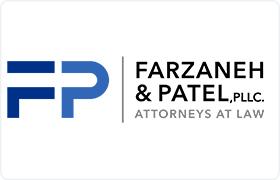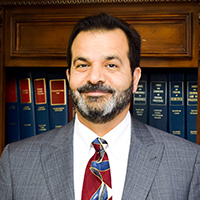Harrah Estate Lawyer, Oklahoma
Sponsored Law Firm
-
 x
x

Click For More Info:
-
Farzaneh & Patel, PLLC.
1025 SW 4th St. Suite 201 Moore, OK 73160» view mapEstate Law Ready To Help Every Day
With 40 years of combined legal experience, Farzaneh and Patel Law Firm can handle anything from simple estate issues to the most complex estate cases.
800-853-7180
Daniel Loeliger
✓ VERIFIEDAccident & Injury, Estate, Wills & Probate, Trusts, Car Accident
Daniel Loeliger is a practicing lawyer in the state of Oklahoma. Mr. Loeliger received his J.D. from the University of Oklahoma.
FREE CONSULTATION
CONTACTFREE CONSULTATION
CONTACTTerrence Francis Gust
Workers' Compensation, Social Security, Estate Planning, Guardianships & Conservatorships
Status: In Good Standing
 Amir Farzaneh Moore, OK
Amir Farzaneh Moore, OK Practice AreasExpertise
Practice AreasExpertise
